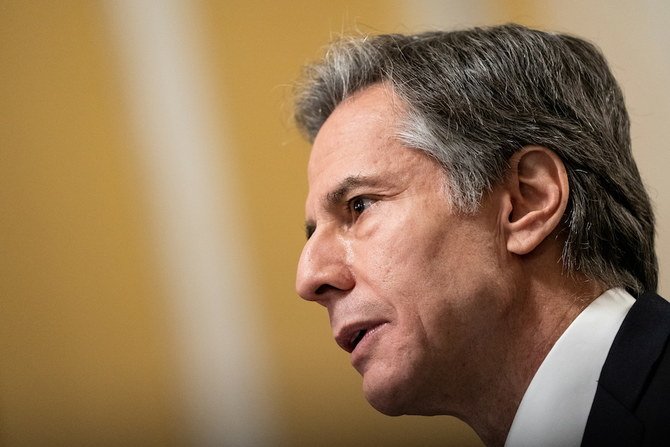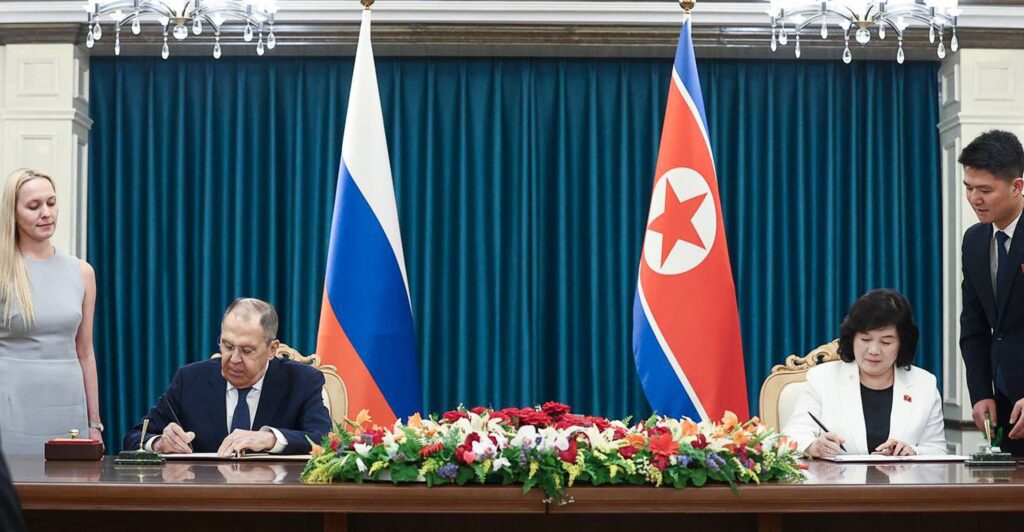LONDON: A new nuclear deal could address Iran’s aggressive policies in the Middle East, America’s next top diplomat Antony Blinken said on Tuesday.
The secretary of state-designate told his confirmation hearing before the Senate Foreign Relations Committee that the administration of President-elect Joe Biden would seek a “longer and stronger deal.”
But he warned that the time needed for Iran to make enough fissile material for a single nuclear weapon had fallen to three or four months from more than a year since Donald Trump took office.
Trump withdrew the US from the 2015 nuclear deal with world powers, which Biden had helped negotiate under President Barack Obama.
The deal, known as the Joint Comprehensive Plan of Action (JCPOA), stemmed Iranian nuclear activity in return for an easing of international sanctions. But it was criticized by Gulf countries and in the US for allowing Tehran to pursue aggressive policies in the region and ballistic missile development.
Blinken said the new administration had “an urgent responsibility” to do what it could to stop Iran acquiring a nuclear weapon.
“The breakout time – the time it would take Iran to produce enough fissile material for one weapon – has gone from beyond a year, as it was under the JCPOA, to about three or four months, based at least on public reporting,” Blinken said.
President Biden, he added, would rejoin the deal if Iran returned to complying with its terms.
“But we would use that as a platform with our allies and partners, who would once again be on the same side with us, to seek a longer and stronger agreement,” he said.
A new agreement could address Iran’s “destabilizing activities” in the region as well as its missiles, Blinken added.
On Israel and Palestine, Blinken said he backed a two-state solution but said he was doubtful that such a deal was possible soon.
“The only way to ensure Israel’s future as a Jewish, democratic state and to give the Palestinians a state to which they are entitled is through the so-called two-state solution,” Blinken said. “I think realistically it’s hard to see near-term prospects for moving forward on that.”
“What would be important is to make sure that neither party takes steps that make the already difficult process even more challenging,” he said.
In his farewell speech, President Donald Trump will highlight the Abraham Accords deals, which normalized ties between Israel and several Arab states.
Blinken also said the US plans a full review of its policies toward North Korea through consultations with Japan and South Korea.
He said he will look at options, such as increasing pressure on North Korea in an effective way to come back to the negotiating table over its denuclearization.
Blinken backed a tough approach toward China saying that the United States can outcompete the Asian country.
Also on Tuesday, Biden’s nominee for defense secretary, Gen. Lloyd Austin, who has served as commander of the US Central Command, emphasized his primary focus on China during his confirmation hearing at the Senate Armed Services Committee, saying that he will strengthen the alliance with Japan, Australia and South Korea to counter China.
Austin said he will consider visiting the Asia-Pacific region as the destination of his first official foreign trip as defense secretary after the novel coronavirus pandemic is brought under control.
China has already become a regional hegemon, Austin said, using stronger wording than previously used by Washington to describe the country.
He said that his job will be to maintain the US military superiority over China’s.
*With AFP, Reuters & JIJI Press






















